There are still many barriers and difficulties.
Greening energy is no longer an option but has become an inevitable path to sustainable development. To be successful, it requires the support of the international community, policy creation by the Government , implementation efforts from localities, and the central role of businesses and people in benefiting from and spreading green achievements.
The government has set a goal to take Vietnam ahead, restructuring the economy towards a green, circular and carbon-neutral direction. Policies such as recycling responsibility, emission reduction, renewable energy development or responding to the EU's Carbon Adjustment Mechanism (CBAM) are forcing businesses to change to improve competitiveness.
In fact, Vietnam has achieved many positive results: renewable energy now accounts for more than 27% of the country's capacity; green credit has grown steadily; green bond issuance and carbon credit sales have been initially successful; organic agricultural areas are expanding. These figures show that Vietnam is rapidly integrating into the green, digital and circular development trend.

At the workshop "Greening Energy - Leading Technology - Creating a Green Life" organized by Intech Vietnam Green Energy Development Joint Stock Company on October 3, Mr. Tran Van Nhon, Director of Intech Energy, said that the biggest difficulty for businesses when implementing solar power projects is complicated legal procedures.
Although the Government has had policies to encourage it, many localities are still confused, causing businesses to spend a lot of time and money to complete documents. For a project to go into operation, businesses must apply for permission from many agencies... We already have a one-stop mechanism, so why isn't there a focal point to handle all procedures, helping businesses reduce administrative burdens, Mr. Nhon asked.
Director of Intech Energy emphasized that for foreign investors, the issue is not capital, but transparency and consistency in the legal framework. When regulations are clear, they will be bold in investing and bringing clean energy technology to industrial zones.
Another problem pointed out is that the life cycle of solar panels lasts 25-30 years, but Vietnam does not have a specific recycling policy. Meanwhile, in Europe, up to 97-98% of materials such as glass and aluminum are reused. "If Vietnam soon issues a policy to encourage recycling, we will both protect the environment and build a foundation for sustainable development," said Mr. Nhon.
Green energy - competitive advantage
Mr. Le Quang Vinh, Director of Distribution Channel Management of SIGENERY, shared that the demand for solar power from businesses and households is very large, especially when energy costs are increasing. This unit is providing integrated solutions from solar power, storage systems, to electric vehicle charging stations. "This is not only a cost-saving solution but also contributes to solving the problem of national energy infrastructure," he said.
Electric cars are a clear example, according to Mr. Vinh: about 12,000 are sold each month, and the electricity demand for one car is higher than that of a household. Without a compensation solution, the power system will be under great pressure. At this time, solar power combined with storage and charging stations is the answer.
Not only meeting environmental requirements, renewable energy is also a “passport” for Vietnamese enterprises to penetrate demanding markets such as the US, Japan, and Europe - where strict standards for carbon neutrality are set. At the same time, investing in solar power helps save long-term operating costs and enhance brand image.
However, to maintain the momentum of development, experts believe that there needs to be a green financial mechanism soon. These are preferential credits, green bonds, or low-cost capital support funds. International experience shows that in Australia, every household that installs a solar power system with storage receives direct financial support from the Government. This incentive policy has helped the solar power market develop strongly.

From international practice and experience, many businesses recommend that the State should simplify procedures and implement a one-stop mechanism for renewable energy projects; issue preferential tax and credit policies for the self-production and self-consumption solar power model; and at the same time encourage the integration of electricity storage to balance the load and reduce peak hour pressure on the national grid.
It can be seen that the energy transition journey in Vietnam is opening up both opportunities and challenges. To realize the Net Zero 2050 commitment, synchronous coordination between the State, businesses and the international community is needed. Completing a transparent legal framework, developing green finance and promoting recycling technology will be the key.
Source: https://daibieunhandan.vn/dien-mat-troi-tu-xu-huong-tat-yeu-den-loi-the-canh-tranh-10389086.html


![[Photo] General Secretary To Lam receives President of the Senate of the Czech Republic Milos Vystrcil](/_next/image?url=https%3A%2F%2Fvphoto.vietnam.vn%2Fthumb%2F1200x675%2Fvietnam%2Fresource%2FIMAGE%2F2025%2F11%2F21%2F1763723946294_ndo_br_1-8401-jpg.webp&w=3840&q=75)

![[Photo] National Assembly Chairman Tran Thanh Man holds talks with President of the Senate of the Czech Republic Milos Vystrcil](/_next/image?url=https%3A%2F%2Fvphoto.vietnam.vn%2Fthumb%2F1200x675%2Fvietnam%2Fresource%2FIMAGE%2F2025%2F11%2F21%2F1763715853195_ndo_br_bnd-6440-jpg.webp&w=3840&q=75)

![[Photo] Visit Hung Yen to admire the "wooden masterpiece" pagoda in the heart of the Northern Delta](/_next/image?url=https%3A%2F%2Fvphoto.vietnam.vn%2Fthumb%2F1200x675%2Fvietnam%2Fresource%2FIMAGE%2F2025%2F11%2F21%2F1763716446000_a1-bnd-8471-1769-jpg.webp&w=3840&q=75)
![[Photo] President Luong Cuong receives Speaker of the Korean National Assembly Woo Won Shik](/_next/image?url=https%3A%2F%2Fvphoto.vietnam.vn%2Fthumb%2F1200x675%2Fvietnam%2Fresource%2FIMAGE%2F2025%2F11%2F21%2F1763720046458_ndo_br_1-jpg.webp&w=3840&q=75)
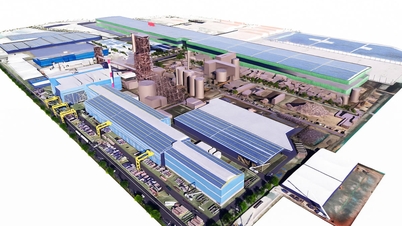

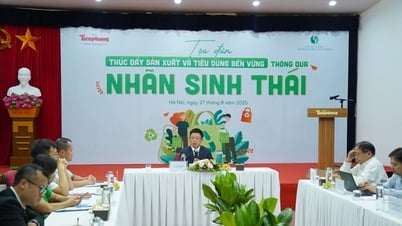

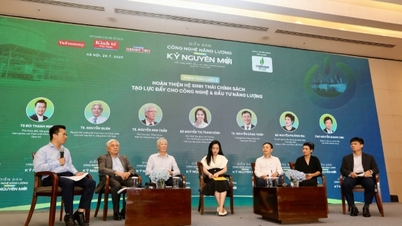

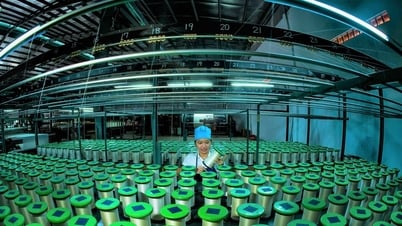







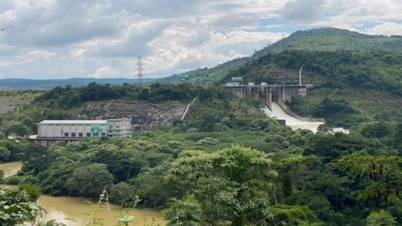

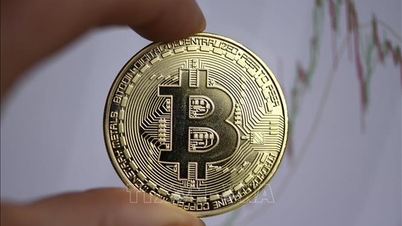


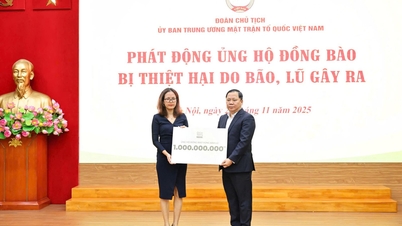
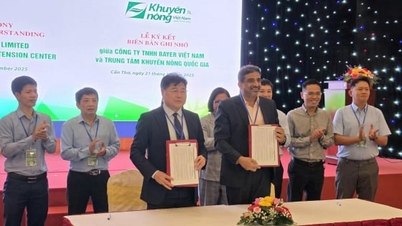




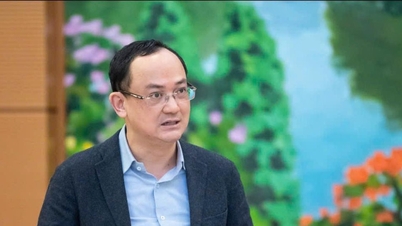
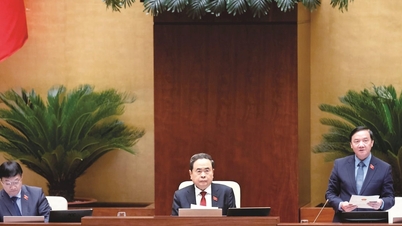
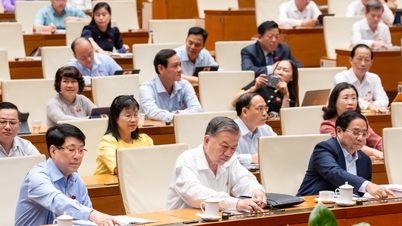

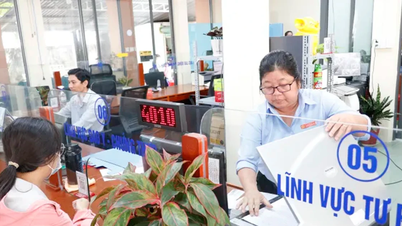
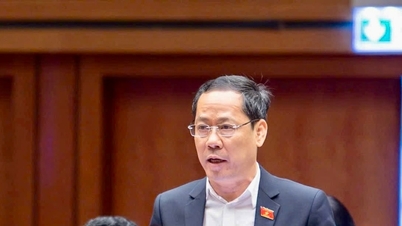























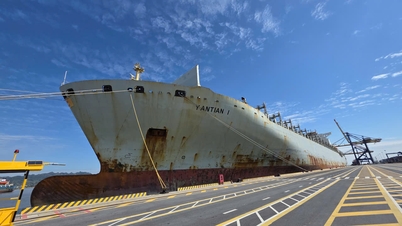
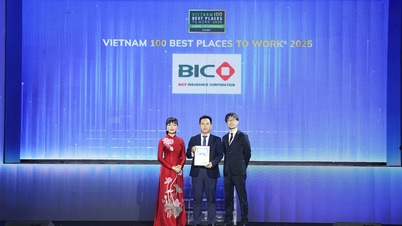
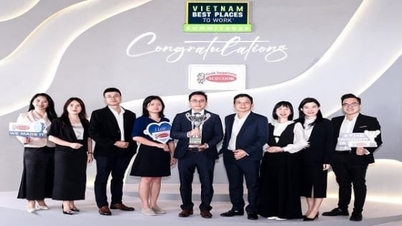

















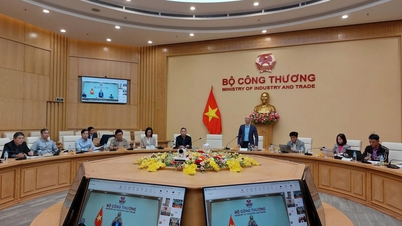





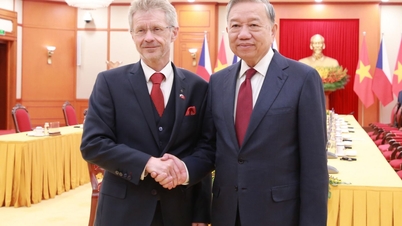

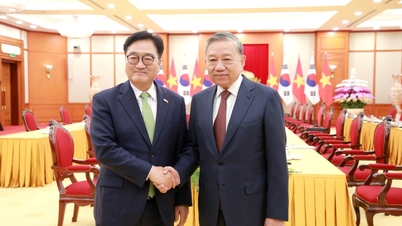






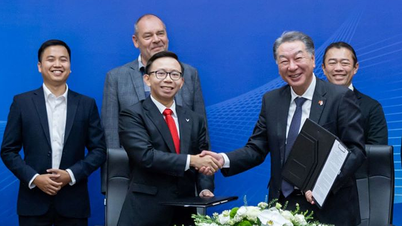















Comment (0)